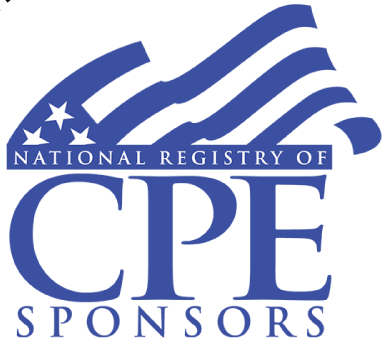Stay connected
Be the first to know about new programs, upcoming events, or other exciting opportunities happening at the University of Georgia by joining our mailing list.
About this course
What you’ll learn
This CIP course will provide an overview of the capital improvement process, the importance of the strategic plan, budget policy, and the comprehensive plan in the development of the CIP, prioritizing requests, various funding options for the CIP as well as the advantages and disadvantages of each, and elements in managing the CIP and CIP balances after adoption of the plan by the governing authority.
You will learn:
- The capital improvement plan process
- Why governments need a CIP, and how it relates to operating budgets
- The different components in the development of a CIP
- The process of performing a capital needs assessment
- The basic concepts and terminology in preparing and implementing a CIP
Learning objectives
This dynamic course has a detailed curriculum consisting of 7 Lessons:
Lesson 1 — CIP Overview
- Recall the definition of a capital improvement plan
- Describe state and local laws related to CIP
- Distinguish between different types of capital
Lesson 2 — CIP and the Local Government Budget System
- Define how the CIP relates to the operating budget
- Recall the two most important references in the development of the CIP — the strategic plan and the budget policy — as well as associated components
Lesson 3 — The CIP Process
- Describe the steps in a successful CIP process
- Recognize vision statements for future service delivery
- Explain the significance of the comprehensive plan to the CIP
- Define the purpose of a capital needs assessment
Lesson 4 — Capital Improvement Requests
- List the components of a department capital improvement request, including the project description, purpose, and history; funding requirement; and operating impact
- Recall the reasons for public input
- Summarize the role of decision makers
Lesson 5 — Capital Improvements in the Budget
- Identify how capital improvements are selected
- Recall the prioritization processes
- List the elements to include in the budget document
- Summarize the CIP adoption process
Lesson 6 — Paying for Capital Improvements
- Define funding sources for CIP
- Identify appropriate funding sources
Lesson 7 — Capital Improvements after Budget Adoption
- Identify when budget amendments are required
- Recall how to manage CIP balances
Who should attend?
- Government employees who require knowledge of the capital improvement program process
- Local government employees who seek to meet requirements of the Georgia Local Government Finance Officer Certification Program.
- Professionals with private sector experience who want to gain knowledge of the governmental capital improvement program process.
- Accounting professionals preparing for the CPA exam or seeking continuing professional education.
- Many state licensing boards require that CPAs maintain and improve their skills through continuing professional education (CPE) courses. This course is approved by the National Association of State Boards of Accountancy (NASBA) (Opens in a new window).
Continuing Education Information
- The University of Georgia will award 1.2 Continuing Education Units (CEUs) or 14.5 CPEs upon successful completion of this course.
- A NASBA- Approved Certificate will be awarded by the University of Georgia, Carl Vinson Institute of Government
- A University of Georgia CEU transcript is available at any time upon written request.
Note: Carl Vinson Institute of Government University of Georgia National Registry Sponsor Number: 140808
In accordance with the standards of the National Registry of CPE sponsors, CPE credits granted are based on a 50-minute hour.
Field of Study: Finance
Delivery Method: QAS™ Self Study
Advance Preparation: None
Program Level: Basic
Prerequisites: None
Requirements & policies
Schedule
Start anytime and complete the course’s required online quizzes and exercises within 60 days of receiving the “Welcome” email with course URL, username and password information.
Fees & funding information
$369 (US Funds) — Residents of Georgia
$409 (US Funds) — Non-residents of Georgia
$50 (US Funds) — One-Month Extension (Only one extension is granted per participant.)
Prepayment is required to be registered. Prices listed are per person.
Cancellation or refund
We will issue a refund, minus a $50 processing fee, if you have not accessed the online course at all. All cancellation and refund requests must be sent via email to gc-student@uga.edu no later than seven (7) days after your course access information is issued.
Certification
This course meets a Level I core course requirement in the Local Finance Officer Certification Program for local government personnel in the State of Georgia.
Prerequisites
There are no prerequisites for enrolling in Capital Improvement Program.
Textbooks
Textbooks are not required to complete this course. Everything you need is built into the online course.
Organizations
Supporting associations
This course is approved by the National Association of State Boards of Accountancy

Prices, course details, dates, and times are subject to change.
Contact us + FAQs
FAQs
View the most frequent questions asked by our learners
Financial and Military Assistance
Find out which programs are eligible for assistance
Accommodations
View our accommodation policy




